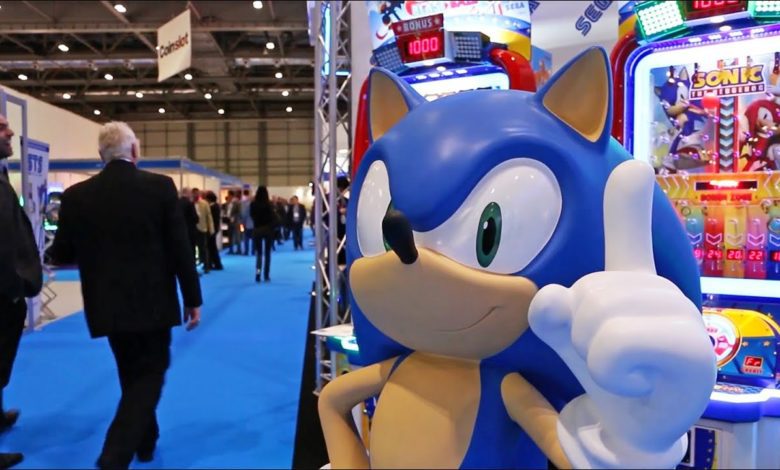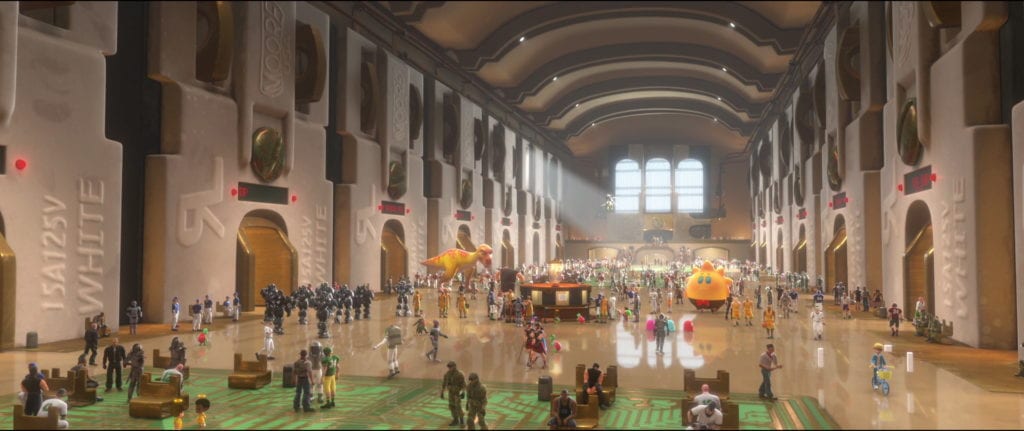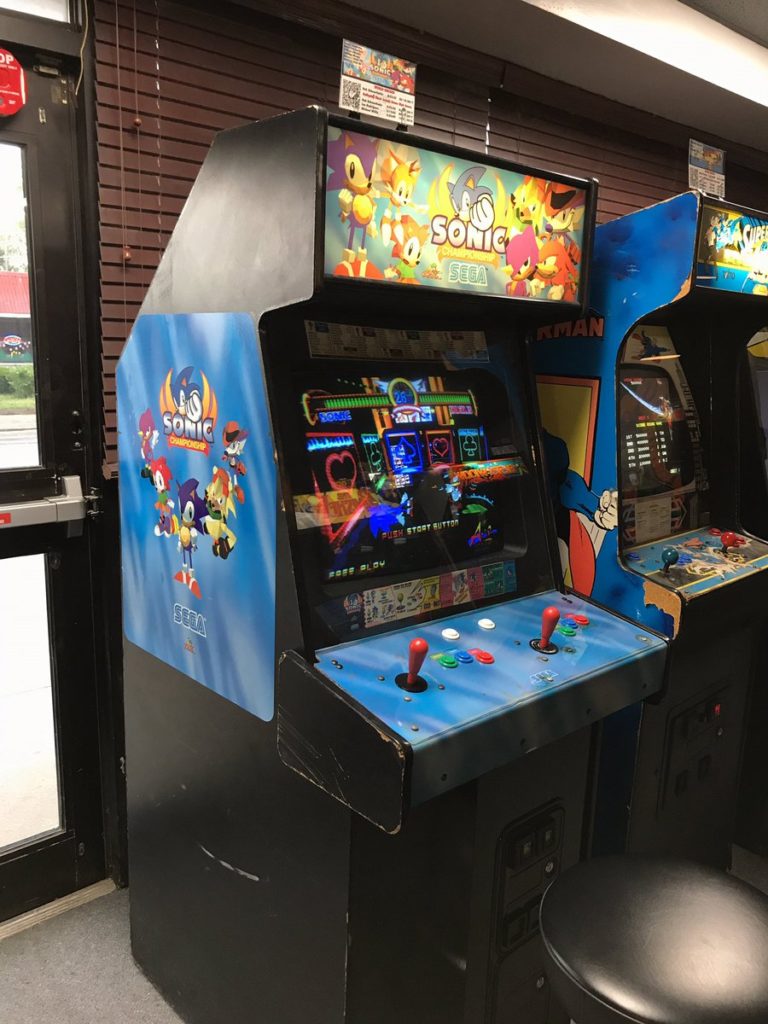
SEGA Amusements International fully bought out in the wake of COVID-19 – the facts
The COVID-19 situation has affected many businesses around the world in different ways. Shops have shuttered, jobs have been lost, economies have taken proverbial nosedives, and several much-anticipated products across a variety of sectors (including gaming; my heart still yearns for you, Lego Skywalker Saga) have been delayed or outright cancelled.
However, it’s arguable that nowhere have these ramifications been felt more than in the realm of recreational entertainment venues. Many such businesses simply aren’t considered essential, no matter how important they may be to livelihoods, and in a lot of cases they’ve been the first to go when it came time to prioritize keeping COVID at bay. Cinemas, bowling alleys, nightclubs, even juggernauts like Disneyland – nowhere has been spared, and it’s led to numerous permanent closures of chains and locations many thought had life left in them.
Sadly, that’s extended to arcades, although their downfall comes perhaps as less of a surprise. With the modern ubiquity and dominance of home consoles and PC gaming, the traditional experience of plonking down quarters for a turn at the latest hit titles has more or less gone extinct. What once represented a unique trip out to try something you couldn’t find elsewhere has been rendered obsolete, a relic of a bygone era in which physical media reigned supreme, and while some (myself included) would consider that a crying shame, them there’s the breaks.
Even in mainstream media has the lowly arcade’s stock fallen: one need only look at 2012 Disney classic Wreck-It Ralph (two Disney mentions in one article? We’re available, Mickey) which featured classic gaming icons bustling amid a metropolis of gaming cabinets, compared to its 2018 sequel which saw the very same arcade decaying, largely deserted and dependent on the promise of free wi-fi to attract customers. Ouch. Never let it be said cartoons have lost the ability to break one’s heart.

And hearts will indeed be breaking today among the SEGA fan community, as the latest casualty in the COVID-fueled arcade cull has turned out to be their own Western division. Though they had previously bowed out of the Japanese market in 2020 due to financial losses spurred by waves of lockdowns, the England-based SEGA Amusements International seemed to live to bleep and bloop another day.
It’s these Western markets that SEGA have historically found the most success in, after all, with multiple venues in America, the UK and continental Europe being supplied by the company. In fact, SAI was a majority stakeholder in the arcade business, so much so that, to many, their name became synonymous with the industry.
As of March 25, though, all of that is in doubt. As GameRant reports, and as listed on SAI’s official site, the company’s assets have been purchased wholesale by its management team, in what’s known as a ‘management buyout’. We had of course reported on this before, though it seems things have now been finalized, and we have a clearer image of the process.
In fiscal terminology, this refers to the practice of a corporation’s operations passing solely into the hands of a manager, as opposed to them still being the responsibility of the entity itself. Such arrangements can be appealing to struggling companies as it offers a way to divorce themselves from non-profitable ventures, and also to the managers themselves, as it grants them full control, those lucky devils.
Basically, SAI is now going to be run exclusively by team leader Paul Williams, and he’ll no longer have to answer to any of SEGA’s higher-ups. Thankfully, it seems many people working under Williams have voiced their approval of him; slightly more concerning is that thus far we’ve no clue in which direction he wishes to take the company, save for a brief press release which you can check out in our prior story. While he is technically still permitted to continue running the division and using the SEGA brand on any cabinets or parts it produces, he is equally now empowered to shutter everything and redirect resources elsewhere. Tense times for us all.

Devotees will know SEGA has a rich pedigree in arcade games, dating back to the 1980s and encompassing such beloved franchises as Sonic and House of the Dead. Especially in modern times, many of their cabinet designs are absolute wonders to behold, and they’ve been responsible for pioneering fantastic advancements in the field. This resulted in games that have more tactile, immersive and, most importantly, appeal to the younger crowd. If arcades are going to survive in any capacity, it’s the Fortnite-addled generation they’ll need to grab. I think I speak for quite a few folks when I wish them all the luck in the world. I’ll be first in line, pennies at the ready.
Do you have any fond arcade memories? Are you saddened at the prospect of SAI closing down? What direction would you like them to go in? Let us know below!

